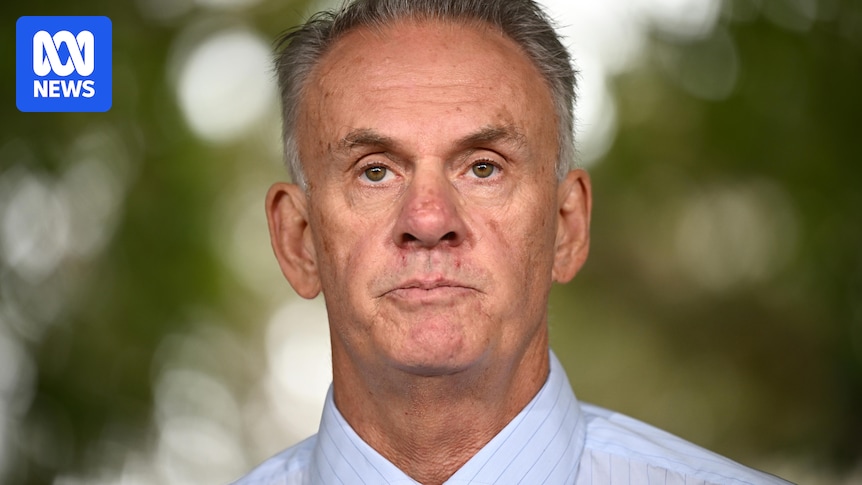
Veteran federal minister Tanya Plibersek has revealed that the only time she cried after work during her nearly three-decade political career was the day Mark Latham was elected as the leader of the Australian Labor Party. This admission comes amidst a swirl of controversy surrounding Latham, who is now facing multiple allegations of inappropriate behavior.
The social services minister disclosed that discussions are underway to remove Mark Latham’s portrait from Labor’s caucus room. This action follows days of media reports accusing the former Labor leader and current independent New South Wales upper house MP of taking unauthorized photos of female colleagues in parliament and making disparaging comments about them in private messages. Further allegations include a sex video purportedly recorded in his parliamentary office, as reported by the Sydney Morning Herald.
Allegations and Denials
Mark Latham has declined an interview with the ABC and has neither confirmed nor denied the existence of the alleged video or the sending of inappropriate messages. However, one MP mentioned in the messages has stated that Latham called her to apologize. On social media, Latham commented on the alleged video, asserting,
“No suggestion of any law or rule broken.”
Latham, now 64, has also denied allegations of domestic abuse and pressuring his former partner, Nathalie Matthews, into “degrading sex acts,” claims made in an apprehended violence order (AVO) application filed in a New South Wales court. Plibersek, who served alongside Latham from 1998 until his departure from federal politics in 2005, expressed long-standing doubts about his leadership abilities. She stated,
“I always had my doubts about him as a political figure, and I think those doubts have only increased in recent decades as his behavior has become worse and more extreme.”
Portrait in Labor’s Caucus Room
Plibersek questioned why Latham’s portrait still hangs in the Labor caucus room among other party leaders. She remarked,
“Over the last couple of decades looking at that photo on that wall, I’ve scratched my head at times thinking this guy doesn’t represent the Labor party; he doesn’t represent what we stand for; I don’t think he represents mainstream Australia.”
She further criticized Latham’s past comments, including those about Rosie Batty, an Australian of the Year who lost her son to domestic violence. Plibersek noted,
“The people of New South Wales, I think, would be looking at the reports of his behavior in the New South Wales Parliament and just scratching their heads about why anybody would think that taking a taxpayer’s dollar to do a job would be behaving in the way that he is in his workplace, it’s just a mystery that anyone would think appropriate.”
Political and Legal Ramifications
Even before the recent allegations, the NSW Labor Party had intended to introduce a censure motion against Latham for allegedly disclosing confidential information under parliamentary privilege. This information was related to a psychologist’s report prepared for the New South Wales Civil and Administrative Tribunal (NCAT) in proceedings brought by MP Alex Greenwich.
In an interview with 2SM, Latham denied breaching confidentiality, stating he referenced material from Greenwich’s public affidavit. He explained,
“I worked out from the NCAT process what they told me, and what Greenwich had already filed in these affidavits, available publicly in the Federal Court and also NCAT …what the general nature of this so-called secret confidential report would be.”
New South Wales Premier Chris Minns has called for the privileges committee to investigate Latham’s conduct in parliament. Latham defended his actions, arguing that he had not breached any parliamentary standing orders and emphasized the principle of being “innocent until proven guilty.”
From Potential PM to Controversy
Mark Latham, once a contender for Australia’s top political role, now finds himself embroiled in serious allegations that could tarnish his legacy. His journey from a potential prime minister to a controversial figure highlights the complexities and challenges of political life.
As the situation unfolds, the implications for Latham’s political career remain uncertain. The New South Wales parliament and its constituents will play a crucial role in determining his future. Meanwhile, the Labor Party grapples with the legacy of a leader whose actions and words continue to provoke debate and reflection.







